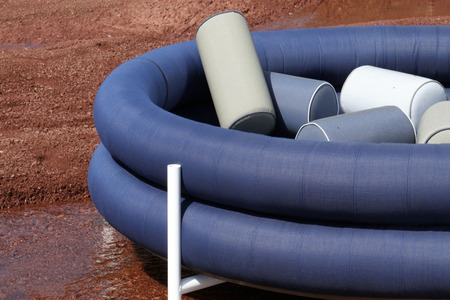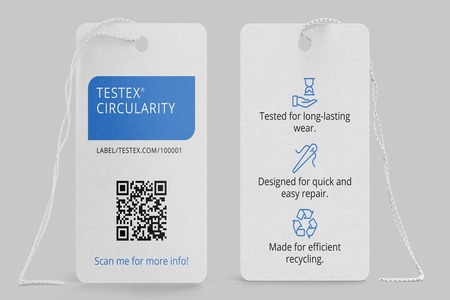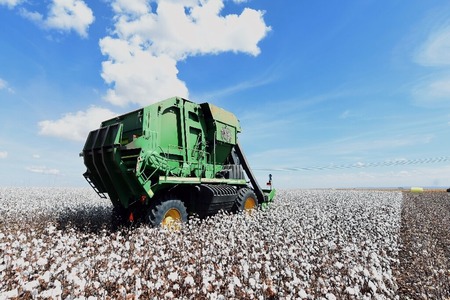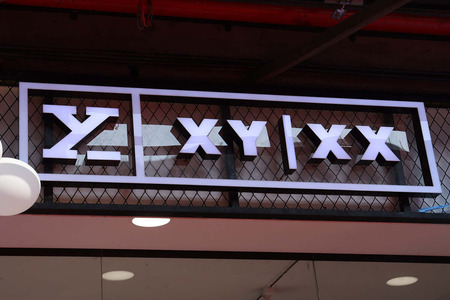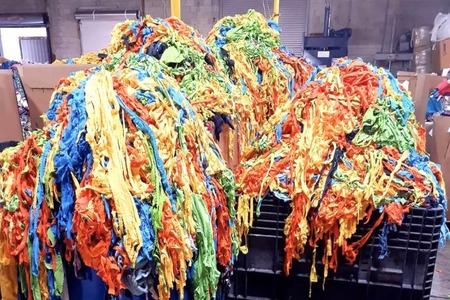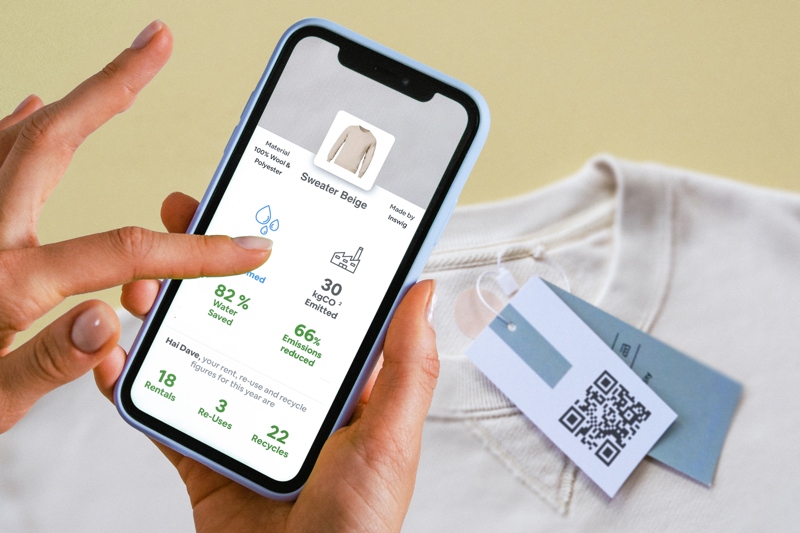
TrusTrace launches traceability solution to improve fashion industry transparency
YarnsandFibers News Bureau 2022-03-14 13:49:44 – SwedenStockholm-based Software solutions provider TrusTrace, has launched TrusTrace Material Traceability & Compliance, a one-stop solution that provides near real-time material traceability. The solution addresses a wide range of material compliance requirements, including certified and non-certified materials, a different chain of custody models, single component to multi-component products, and a single source of truth that gives brands confidence in their compliance journey while also supporting their own commitments to move to more sustainable portfolios.
TrusTrace Material Traceability & Compliance provides brands with detailed visibility into product sustainability data, assuring compliance with standards and laws while streamlining decision-making and tightening integration with global suppliers. The solution addresses developing industry practices as well as forthcoming government laws that will compel businesses to make sustainability claims based on verifiable and precise data.
Shameek Ghosh, CEO of TrusTrace, said that amid global greenwashing and issues with unfounded claims, corporations and authorities are acting swiftly to reassure customers that products are as sustainable as they claim to be. TrusTrace Material is a proven solution for brands that want to achieve near real-time traceability at the lot level by mapping the journey of raw materials to finished goods and automatically calculating the sustainability metrics of those goods, now having a proven solution in TrusTrace Material Traceability & Compliance. TrusTrace Material Traceability & Compliance helps companies manage risk and compliance by connecting all purchase orders to production processes, certificates, supplier declarations, and quality reports on the TrusTrace platform.
Near real-time traceability allows brands to capture data from supply chain transactions as products and materials move through the value chain, allowing brands to easily tell the story of their products' origins and material integrity to consumers, retailers, and regulators when they arrive at the market, allowing brands to easily tell the story of their products’ origins and material integrity to consumers, retailers, and regulators.
By intelligently analyzing differences between inputs and outputs, the system can also help identify material waste in the supply chain, allowing for higher production efficiencies while keeping waste out of landfills and otherwise affecting sustainability efforts.
The EU is considering regulatory steps for the European market, such as requiring claims to be backed by common measuring methodology, and France and Denmark have already drafted legislation on documentation requirements for ESG claims.
Katrin Ley, Managing Director at Fashion for Good, said that industry-wide standardization of supply chain data is facilitated by real-time, fiber-forward traceability, establishing the groundwork for accurate impact tracking, trustworthy certification, and waste stream analytics for fibers, materials, and products. All of these elements play a key role in verifying sustainability claims, enabling correct measurement, and eventually motivating improvements in ESG metrics throughout the supply chain, as well as facilitating the reliable flow of impact data to meet regulatory requirements at the product level.
Ley added that material traceability, given by dependable, digital platforms like TrusTrace, is required for brands' supply chain due diligence and sustainability plans in order to develop data-informed visibility of supply chain journeys and truly shift to more sustainable practices.
Market Intelligence
Ask for free sample Report

experience
Customer Base
dedicated team
Countries Served Worldwide



